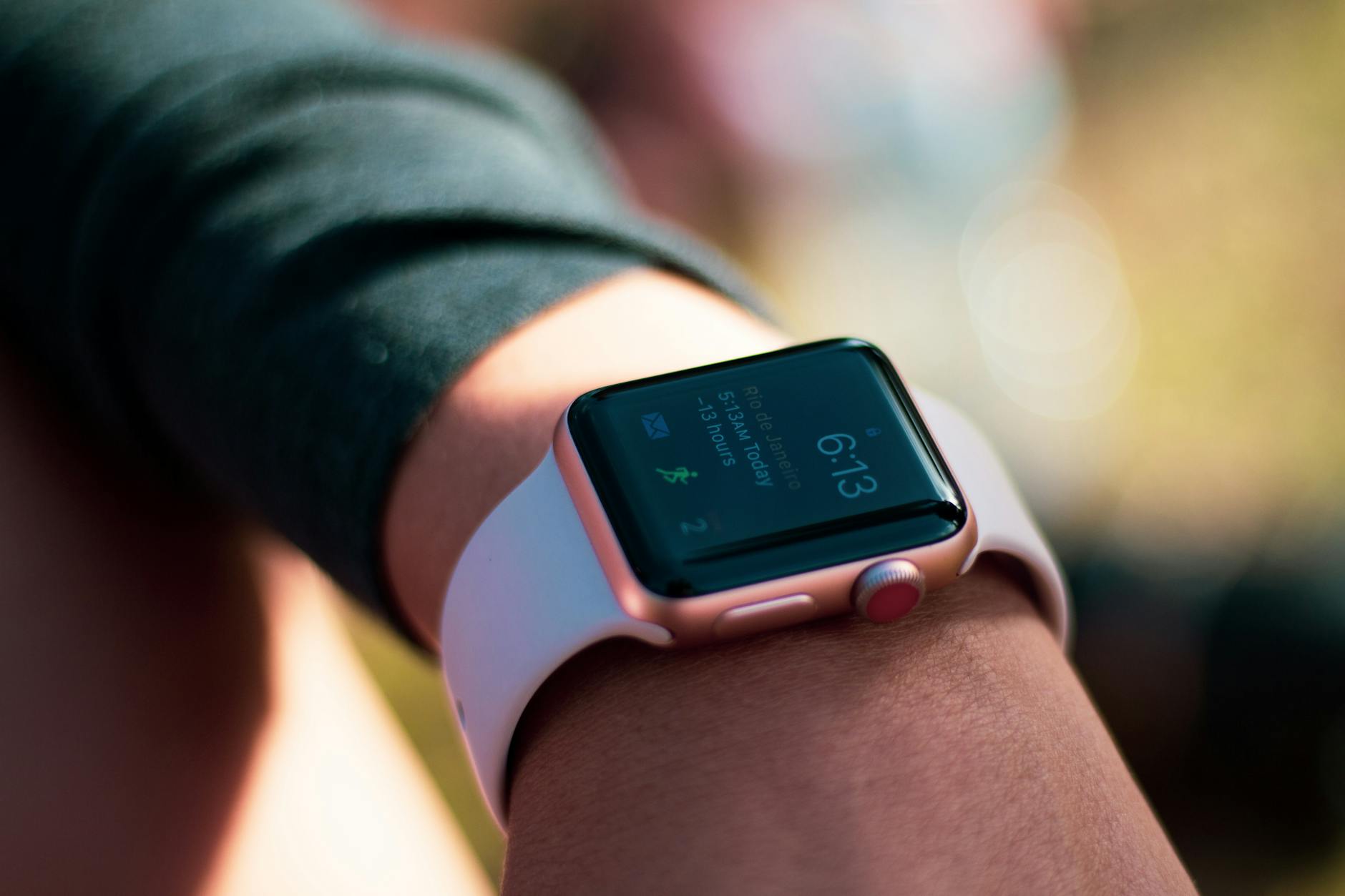Well, I read alot and my buddy Scott reads even more, but there is so much camera information it is hard to know what to trust. Normally, I’d say if you are serious, the main thing is to read some publications and then to actually rent the camera you want to try for a week at lensrentals.com (make sure to get the insurance as who knows what will happen!). But someone asked me what I actually read and why and here’s a short list and I tend to focus on the sites that use Imatest to test sharpness as this seems like the most scientific approach.A great sensor plus crappy glass is kinda useless. For instance, the Olympus OM-D E-m1 and E-M5 do well because their sensors are of modest size and pixels but the optics are smaller and easier to design but the much higher resolution in the sensor Sony NEX-7 doesn’t do as well because the glass normally isn’t as good. So you get this strange result that a 24MP camera actually has less resolution than a 16MP one.
1.
Photoreview.com.au. Mainly because they have the most scientific reviews. They use something called imatest which is the most accurate in analyzing resolution. U have to wade through quite a bit of terminology but they basically give u effective resolution of the camera which is really helpful. The drawback is that they have to test the specific lense and camera combination that you like. These charts are really useful because for most lenses they have a sweet spot in terms of zoom level, aperture and ISO, so with Photoreview.com.au, they actually print the whole imatest chart. For instance my Sony RX-100 has its greatest resolution at F/5.6 when it is completely zoome out and at ISO 160 (the base ISO). When I take a photo in the light, I set it for Aperture priority at F/5.6. Similarly the Olympus OM-D EM-5 with the Panasonic 12-35 F/2.8 has it’s maximum resolution at F/4.
2. Photozone.de. Another site that test Lense and body combinations using imatest.They rely on loans of lenses from their users and they don’t have the latest camera bodies, so you have to do some extrapolation.
3.
Lenstip.com. They are a smaller site, but they do a good job of testing lenses. They don’t often use the cameras that I do, so you have to do a little extrapolation.
4.
Dxomark. These guys are have the most lense and camera body combinations, but sadly, they don’t show you the actual test results or methodology. Also for zoom lenses, they average everything out, so it is hard to tell where the sweet spot is. Still, they have an effective megapixel rating for a lense and camera combination, so it is a decent approximation for relative quality. So you know that a Canon 5D Mark III with a 24-70 is about 18MP effective (with a 21 MP sensor, this is kind of amazing). It will be interesting to see how the A7 and A7R do in their tests.
5. Dpreview. They are very good although they’ve lately outsource their technical tests to dxo which is a little problematic as those tests are black box. No one knows what they mean. On the other hand, they let you look at actual images so you can judge yourself. They are really comprehensive on the usability of the system and so forth.





